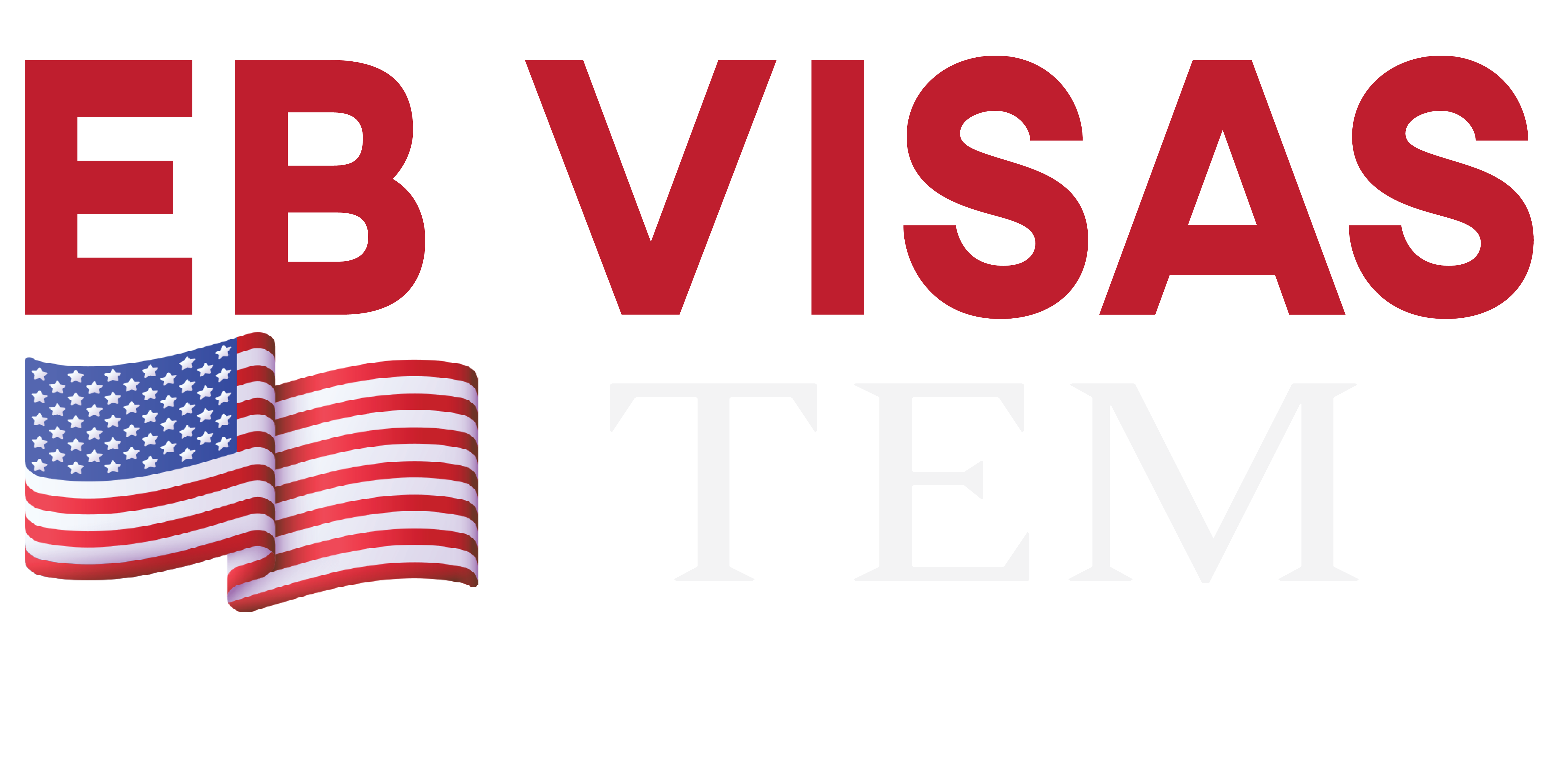U.S. Immigration Solutions for Exceptional STEM Professionals

The 212(d)(3) Waiver: Overcoming Grounds of Inadmissibility to the U.S.
Navigating the U.S. immigration system can be complex, especially for individuals who are found inadmissible due to criminal history, immigration violations, health-related issues, or other factors. If you find yourself in this situation, you may feel like your hopes of entering or returning to the U.S. have been dashed. However, the 212(d)(3) waiver offers a potential solution. This discretionary waiver allows individuals who are otherwise inadmissible to the U.S. to overcome their grounds of inadmissibility and gain entry. Whether you're seeking to visit the U.S., work, or join family members, understanding how the 212(d)(3) waiver works is crucial. In this guide, we’ll explain what this waiver is, who qualifies, and how Larhdel Law can assist you in securing this vital waiver.
What is the 212(d)(3) Waiver?
The 212(d)(3) waiver is a provision under the Immigration and Nationality Act (INA) that allows individuals who have been deemed inadmissible to the United States to apply for a waiver. This waiver is discretionary, meaning that U.S. authorities will evaluate your individual circumstances before deciding whether or not to grant it. If approved, the waiver allows you to enter the U.S. despite being inadmissible under certain conditions.
Who Needs a 212(d)(3) Waiver?
The 212(d)(3) waiver is often necessary for individuals who have been deemed inadmissible for one or more of the following reasons:
- Criminal Convictions: Felony charges, drug offenses, crimes of moral turpitude (CIMT), or other serious criminal convictions.
- Immigration Violations: Overstaying a visa, entering the U.S. without inspection, or previous deportation.
- Health-Related Issues: Having a communicable disease, mental health issues, or other medical conditions that are grounds for inadmissibility.
- Security-Related Grounds: Involvement with organizations or activities that may threaten U.S. national security.
- Fraud or Misrepresentation: Providing false information during your visa application process or to immigration authorities.
If any of these grounds of inadmissibility apply to you, the 212(d)(3) waiver could be a crucial tool in allowing you to enter or remain in the U.S.
When Can You Apply for the 212(d)(3) Waiver?
You can apply for the 212(d)(3) waiver when you are applying for a nonimmigrant visa to the U.S., such as a visitor visa (B1/B2), work visa (H-1B, L-1), or student visa (F-1), and have been found inadmissible. The waiver is also available if you are applying for adjustment of status while in the U.S. or if you are applying for a fiancé visa (K-1).
It’s important to note that the waiver is discretionary. This means that even if you qualify, USCIS or a consular officer has the authority to approve or deny your request based on your individual case.
How to Apply for a 212(d)(3) Waiver
- File Form I-601 (Application for Waiver of Grounds of Inadmissibility):
To apply for the 212(d)(3) waiver, you must submit Form I-601, Application for Waiver of Grounds of Inadmissibility. This form is typically filed with U.S. Citizenship and Immigration Services (USCIS) or at the U.S. consulate handling your visa case.
- Submit Supporting Documentation:
Provide documents that demonstrate your qualifications for the waiver, such as:
- Detailed explanation of the inadmissibility issue (criminal history, immigration violations, etc.).
- Personal statement explaining why you are seeking a waiver and why you should be allowed to enter the U.S.
- Supporting documentation such as rehabilitation records, family ties to the U.S., or proof of community contributions.
- Consular Interview or USCIS Review:
Once your application is submitted, attend a consular interview (if applying outside the U.S.) or USCIS review (if applying within the U.S.). Be prepared to discuss your grounds of inadmissibility and the reasons for requesting the waiver.
- Receive the Decision:
If approved, you will be granted a waiver and can proceed with your visa or adjustment of status application. If denied, you may have the opportunity to appeal or seek alternative solutions.
Why Choose Larhdel Law for Your 212(d)(3) Waiver Application?
- Case Evaluation and Strategy: We thoroughly review your case to determine if applying for a 212(d)(3) waiver is the right option.
- Document Preparation and Submission: Our team ensures that all necessary documents and forms are accurately filled out and submitted, reducing the risk of errors.
- Expert Legal Support: We provide guidance on how to present your case effectively, including drafting a compelling personal statement and gathering supporting documents.
- Waiver Approval Success: Our expertise has helped many clients secure 212(d)(3) waivers, allowing them to enter the U.S. and achieve their immigration goals.
Real-Life Success Stories
- Case 1: Overcoming Criminal Inadmissibility: A client with a past criminal conviction was deemed inadmissible to the U.S. Larhdel Law helped them demonstrate rehabilitation through letters of reference and proof of community service, resulting in a successful waiver approval.
- Case 2: Addressing Immigration Violations: A client who had overstayed their visa and faced a ban from re-entering the U.S. sought our help in obtaining a 212(d)(3) waiver. We worked with them to document their strong ties to the U.S., and their waiver was approved, allowing them to return.
- Case 3: Overcoming Health-Related Grounds: A client with a medical condition that made them inadmissible was able to provide sufficient evidence of treatment and compliance with U.S. public health standards. As a result, they received a waiver and were granted entry to the U.S.
Contact Us Today
The 212(d)(3) waiver provides an invaluable opportunity for those facing inadmissibility to enter the U.S. and continue pursuing their goals. If you are facing inadmissibility, don’t let it prevent you from achieving your dreams. Contact an experienced immigration attorney at 310 943 6352 to discuss how Larhdel Law can assist you in securing your 212(d)(3) waiver and gaining access to the U.S.
Fill out the form below.